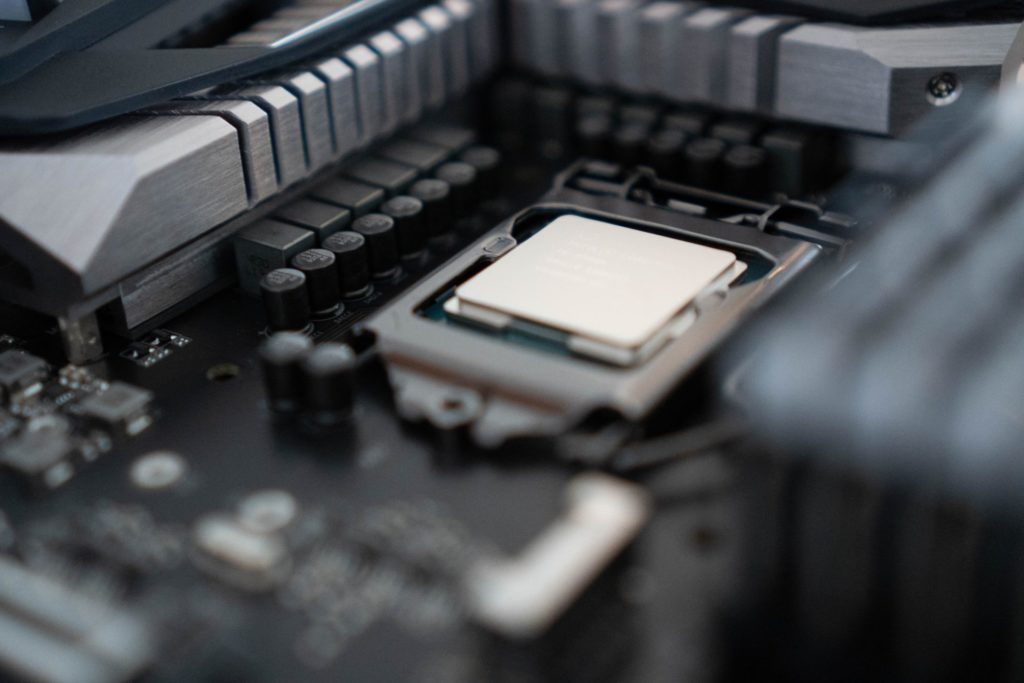Recently I saw a comment or a tweet about Engineers and Doctors. This is the type of message that I wish I had the forethought to save somewhere because I keep thinking about it.
As a follower of the beg, borrow, or steal philosophy, I have co-opted this idea into my own, but it is always best to give credit to the originator. In this case, I did not save it so I don’t have that information, so I apologize in advance, random internet person.
Anyways, the message went something like this (as I recall in my own words):
Why are Engineers always getting asked what side projects they are working on? Why is there an expectation that a good Engineer always needs to be working on work outside of work? We don’t ask Doctors if they perform surgeries on their days off or over weekend breaks, so why is it so expected of Engineers?
This idea has settled in the back of my mind especially during a current cycle of hiring for an open position.
Why do we assume that to be the best in the field of Engineering requires duplicated effort outside of work?

Let’s take a moment to try and be fair in this discussion. While having participated in coding interviews and also leading many more of said interviews, my experience is much greater in the real of Engineering than it is in medicine, where there is zero experience.
Also, while on occasion, having written code late into the night on a personal project I cannot claim to have ever performed a surgical procedure on my off hours.
Yet, as an Engineering Manager, I am still guilty of asking candidates for positions, and potentially judging them for their answers, around personal, outside of work projects during job interviews.
Why do we put importance on this topic?
While having professed no direct knowledge of the hiring process for Doctors, I do have direct experience in visiting a Doctor when needed.
However, while visiting a Doctor while sick is a pretty common occurrence in society, I am not aware of any examples of people actively seeking out an Engineer to cure what ails them.
Oh, my code doesn’t feel just right this morning, better see when I can get in to see the Engineer!
We even have aphorisms like: “An apple a day keeps the doctor away!”
Have you ever heard anyone state: “If the engine runs, an Engineer one shuns”?
Nope, me neither.

So why would we place more emphasis and quality on Engineers doing their work outside of work?
The reason may have nothing to do with Engineers themselves. It could have everything to do with technology.
According to wikipedia, the first electronic digital computer, ENIAC, was pressed into service in 1945.
1945. As of 2020, only a mere 75 years ago.
The first Computer Science department was not started until 1962 at my alma mater, Purdue University. The first Computer Engineering program did not show up until 1971 at Case Western Reserve University in Cleveland, OH. The mothers and fathers of the field are, for the most part, still alive and kicking today. There is no field of study as unprecedented in human history as the rapidity of growth and innovation as the field of computers and computing.

If you want proof look no further than Moore’s Law. If you have been living under a rock and aren’t famous with this idea then in super simple terms it states that the number of transistors per square inch would double every two years. The law and what it means is fascinating, read more about it here on Wired.
A few years ago there was a spate of articles that basically put this law into additional context. These articles tried to compare Moore’s Law to the auto industry and the technology advancement in car mileage.
This was prompted by statements made during the 50th anniversary of Moore’s Law by Intel (where Moore worked when he proposed the idea). In short, Brian Krzanich, the Intel CEO at the time compared Intel’s chips to a 1971 VW Beetle. He famously stated that if auto Engineers had advanced automobile technology at the same rate that that beetle, in 2015 terms, would be able to travel at speeds over 300,000 miles per hour while achieving more than 2 million miles per gallon, with a reduced overall cost of 4 cents. (read more here)
While the comparison certainly has lots of potential flaws, one thing that is solid and real is that the state of technology around computers changes very, very quickly.
And therein lies the rub.

Whether or not they actively acknowledge this fact, Engineering managers subconsciously know that technology is a fast paced and ever-changing field.
Therefore, when hiring, it is good to know that the person being hired is making an effort to stay current on new technology.
Unfortunately, this has morphed from basic queries to see if someone is making an effort to stay current with technology to an invalid assumption that anyone not coding on their own time can’t keep up with everyone else.
Getting back to the Doctor comparison, this doesn’t make a lot of sense. If I am going in for surgery, I would actually prefer to have it done by a Doctor who wasn’t up half the night practicing surgery on a person project to see how clean the closing sutures could be in a cross-stitch pattern.
What would make me feel infinitely more comfortable here is knowing that the Doctor performing the surgery was both well rested as well as keeping up with current trends and new developments in medicine. Neither of those things requires that person to perform weekend personal surgeries.
The same thing applies to Engineers.
What is important is not necessarily your personal projects and coding outside of work. Those things don’t answer the question as to whether or not you are keeping up to speed with technology.
Your code does not define you.

Instead, I vow to change this line of questioning in my interactions with potential teammates. While questions about personal projects may come up in discussions, they will not be asked in regards to how well someone is staying current in their field. These questions will instead focus on the culture aspect of a candidate, what their interests are and what makes them tick.
In conclusion, to answer the question about whether or not you need to do work outside of work to be the best Engineer that you can be? My answer is an unequivocal no.
However, I do believe it is important to stay current on technology and trends. That can be done in a number of ways. Reading, studying, occasional side projects, and local group meet-ups are all good ways to stay up to speed. Don’t be afraid to grow your knowledge and no matter what, never stop learning.
Thanks for reading!


Comments are closed, but trackbacks and pingbacks are open.